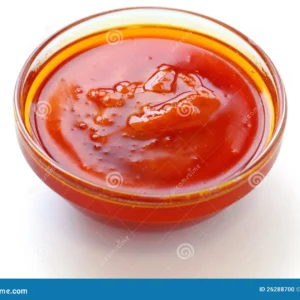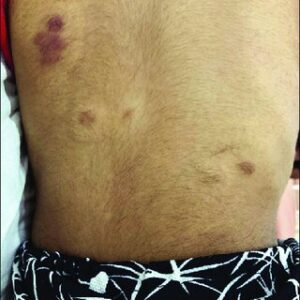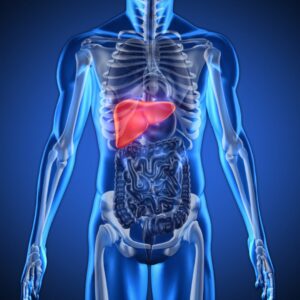The Appendicitis is a small, tube-like structure attached to the large intestine, located in the lower right abdomen. Despite its diminutive size and seemingly inconsequential role in the body, the appendix can cause significant health issues if it becomes inflamed or infected, a condition known as appendicitis. This article delves into understanding the appendix, identifying the symptoms of appendicitis, exploring preventive measures, and discussing the available treatments.
Anatomy and Function of the Appendix
The appendix, or vermiform appendix, is a narrow, worm-shaped pouch measuring about 3-4 inches (7.6-10.2 cm) in length. It is situated at the junction of the small and large intestines. Historically, the appendix was considered a vestigial organ with no function, a remnant of our evolutionary past. However, recent research suggests that it may play a role in gut immunity and harboring beneficial gut bacteria.
Recognizing Appendicitis: Symptoms and Diagnosis
Appendicitis occurs when the appendix becomes blocked, leading to inflammation and infection. Early recognition of appendicitis is crucial for effective treatment and avoiding complications. The following are common symptoms:
- Abdominal Pain: The most characteristic symptom is a sudden pain starting around the navel and eventually shifting to the lower right abdomen. The pain typically intensifies over several hours.
- Loss of Appetite: A noticeable decrease in appetite often accompanies the onset of appendicitis.
- Nausea and Vomiting: These symptoms usually follow the onset of abdominal pain.
- Fever: A mild fever is common, which may increase as the condition worsens.
- Constipation or Diarrhea: Changes in bowel movements can occur, though they are less common than other symptoms.
- Abdominal Swelling: In some cases, the abdomen may become swollen or tender to the touch.
Diagnosis
Diagnosing appendicitis typically involves a combination of a physical examination, laboratory tests, and imaging studies:
Physical Examination: A doctor will check for tenderness in the lower right abdomen and signs of peritonitis (inflammation of the abdominal lining).
Blood Tests: Elevated white blood cell count can indicate an infection.
Urinalysis: To rule out urinary tract infections or kidney stones, which can present similar symptoms.
Imaging: Ultrasound or CT scans can provide detailed images of the appendix, confirming inflammation or rupture.
Preventing Appendicitis
While there is no guaranteed way to prevent appendicitis, certain lifestyle and dietary choices may reduce the risk:
- Diet: A diet rich in fiber from fruits, vegetables, and whole grains can promote healthy bowel function and potentially prevent blockages that lead to appendicitis.
- Hydration: Drinking plenty of fluids helps maintain regular bowel movements.
- Regular Exercise: Physical activity aids in digestive health.
- Avoiding Processed Foods: Limiting intake of highly processed foods may reduce the risk of gastrointestinal issues that could contribute to appendicitis.
Treating Appendicitis
Prompt treatment of appendicitis is essential to prevent complications such as a ruptured appendix, which can lead to peritonitis and sepsis, potentially life-threatening conditions.
Medical Treatment
- Appendectomy: The standard treatment for appendicitis is surgical removal of the appendix, known as an appendectomy. This procedure can be performed using traditional open surgery or minimally invasive laparoscopic surgery. Laparoscopic surgery involves smaller incisions, leading to faster recovery and less postoperative pain.
- Antibiotics: In certain cases, especially when surgery is not immediately feasible, antibiotics may be used to treat the infection and reduce inflammation. This approach can be temporary, as surgery is often necessary to prevent recurrence.
Post-Surgical Care
- Recovery: Most patients recover quickly after an appendectomy, typically resuming normal activities within a few weeks. Following the surgeon’s advice on activity levels, wound care, and diet is crucial for a smooth recovery.
- Monitoring for Complications: Postoperative complications are rare but can include infection, bleeding, or hernia formation at the incision site. Prompt medical attention for unusual symptoms is important.
Conclusion
The appendix, though small and often overlooked, can become a source of severe medical concern if it develops appendicitis. Recognizing the symptoms early, seeking prompt medical attention, and understanding the treatment options are key to managing this condition effectively. While prevention may not be entirely possible, maintaining a healthy lifestyle can contribute to overall gastrointestinal health and potentially reduce the risk of appendicitis. As with any medical condition, staying informed and vigilant is crucial to ensuring prompt and effective care.







